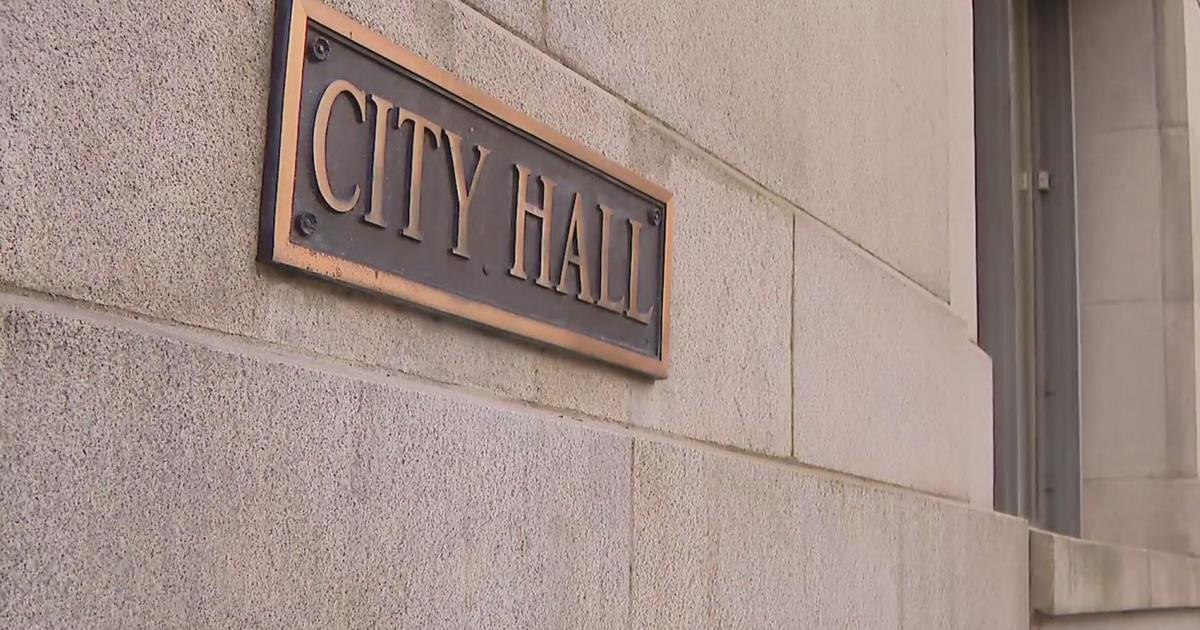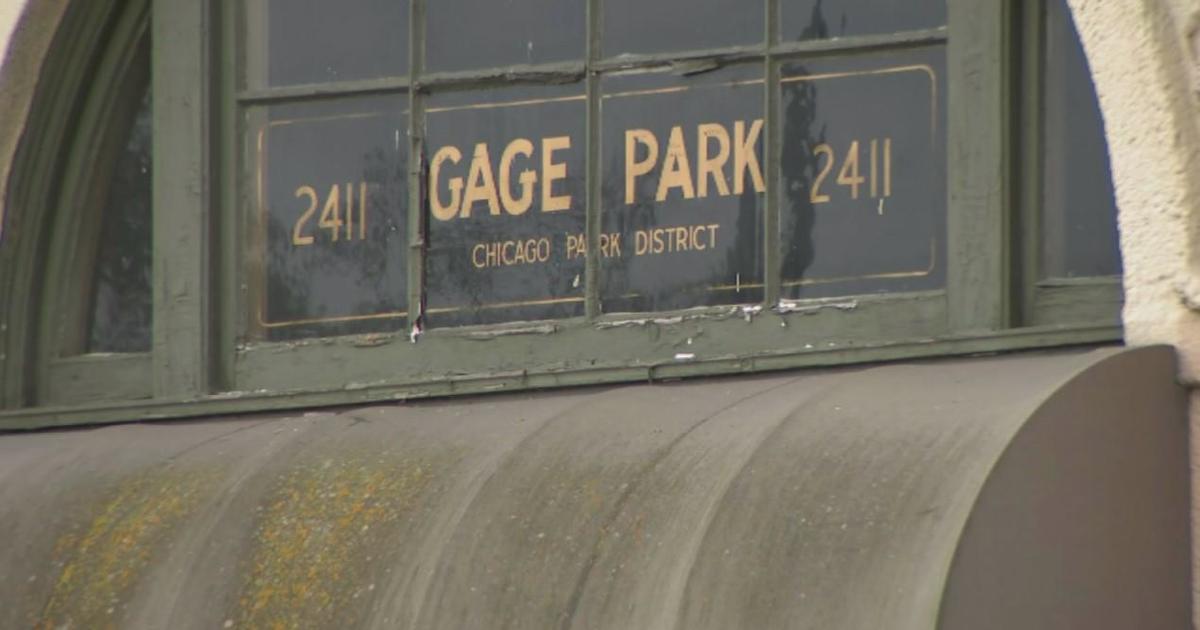Aldermen Seek To Close Loophole In 2014 Anti-Puppy Mill Ordinance
CHICAGO (CBS) -- Chicago aldermen have advanced a measure to close what they saw as a loophole in an ordinance banning pet stores from selling animals that come from so-called "puppy mills," by essentially setting up fake rescue organizations.
The city's ordinance, passed in 2014, prohibits retailers from selling dogs, cats, or rabbits that do not come from government-run animal shelters, or private humane societies or rescue groups.
However, Ald. Brian Hopkins (2nd) and several anti-cruelty groups said some pet stores circumvented the ban on selling animals from large-scale for-profit breeders by setting up fake non-profits as front organizations posing as rescue groups.
Cari Meyers, founder of the Puppy Mill Project, said three Chicago pet stores helped puppy mills set up 501(c)3 organizations as fronts for fake animal rescue groups, which had no physical addresses or social media presence.
Hopkins worked with several animal advocacy groups to close the loophole in the ordinance by banning pet stores from having any ownership or financial interest in animals they display for adoption through. They also may only charge a "nominal adoption fee" for pets. The rescue groups they partner with also may not have any affiliation with for-profit breeders or pet brokers.
Following nearly 90 minutes of debate, the City Council Committee on Health and Human Relations unanimously approved the changes.
Hopkins said there are essentially two sides of the pet supply industry: rescue groups and animal shelters that are passionate about animal welfare, and profit-oriented businesses that treat pets "like hogs for bacon."
"It's profit-motivated, and they don't care necessarily about the humane treatment of their animals, because that's not what they're in it for. They're in it to make money," he said.
Hopkins said if people who buy pets from stores that get animals from so-called "puppy mills" – large scale commercial breeders – could see the conditions the animals are raised in, "they would be horrified."
"Not only are they not treated as pets, most of them don't even have names. They're agriculture commodities. They're treated like pigs being raised for bacon, they're treated like cattle being raised for beef, and they're sold at a profit. That's the whole point of the industry," he said.
Steve Dale, a certified animal behavior consultant, recommended people interested in adopting a pet from a breeder take careful steps to make sure they are getting animals from a responsible operation. He suggested visiting the breeder's home to see the conditions animals were raised in.
Dale said responsible breeders also typically want to know as much as possible about potential adopters, and want to see not only how they behave with animals, but how animals react to them to make sure they find the right fit.
"If you purchase that doggy in that window at a pet store, you'll never be asked about a good fit, and you'll never meet the people who originally bred the dog. You will only be asked one question: will that be cash or charge?" he said.
Dale said it should be a red flag if a breeder offers no background information on an animal's parents, as responsible breeders will have detailed information on several generations of an animal's lineage.
Meyers said puppy mills typically charge thousands of dollars for dogs, and only have puppies and so-called "designer breeds," not adult dogs. On the other hand, she said legitimate animal rescues have a wide variety of breeds; offer both puppies and adults for adoption; and typically charge only a few hundred dollars in adoption fees, to cover the costs of housing and feeding the dog; as well as health checkups, immunizations, and spay/neuter procedures.
The changes to the city's anti-puppy mill ordinance drew objections from at least one pet store owner, who argued the only result of the 2014 ordinance was the closure of 13 pet stores.
Stephanie Boron, co-owner of Pocket Puppies, said no puppy mills were closed after the ordinance was passed, and animal shelters in Chicago remain overcrowded.
She also accused supporters of the ordinance of perpetuating a false narrative that pet stores are circumventing the regulations. Boron said Pocket Puppies takes steps to make sure they are getting their animals from breeders with no USDA violations, and discloses where all their animals were sourced from.
"There is no fraud here," she said. "There's no loophole. There's no fraud."
"This is another attempt to finish the job of closing pet stores under the guise of animal welfare," she added.
Hopkins, however, argued that pet stores should easily be able to operate without relying on for-profit breeders, by adopting humanely-bred animals and establishing relationships with adopters who will regularly buy food and other pet supplies.
"If any business is incapable of staying open unless they have the opportunity to make their profits on the backs of these animals, then they deserve to close," Hopkins said. "My challenge to you is find another way to operate in the pet industry that doesn't prop up a fraudulent and inhumane industry."
The measure now goes to the full City Council for consideration later this month.



